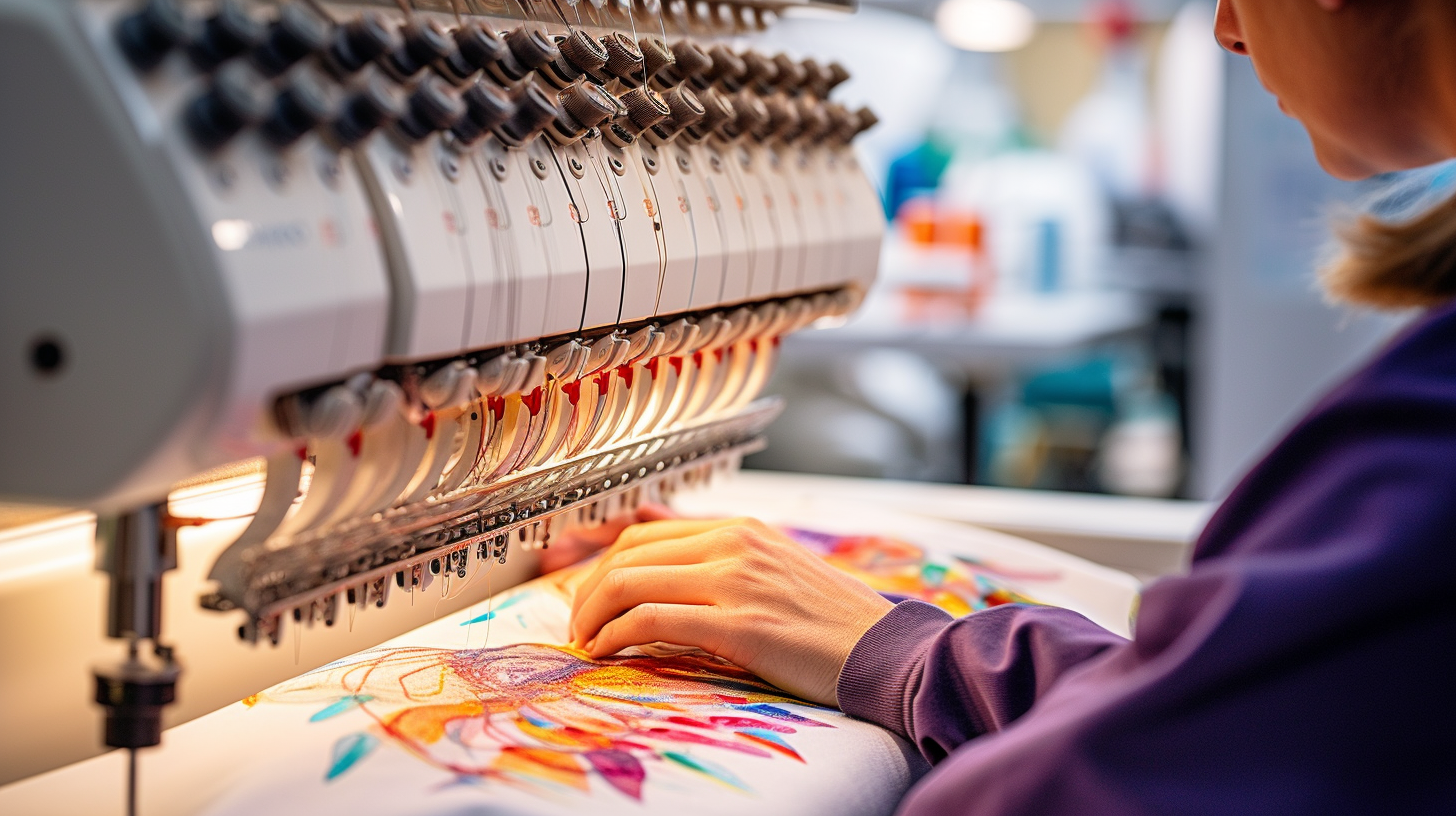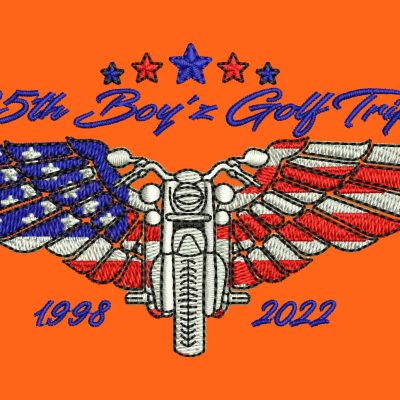Premier Digitizing for Embroidery: Perfect Stitch Every Time
Premier Digitizing for Embroidery: Perfect Stitch Every Time
Blog Article
Check Out Various Types of Embroidery Digitizing Strategies
Embroidery digitizing has actually evolved substantially over the years, using a myriad of strategies to bring designs to life in the electronic world. From the elaborate virtuosity of conventional hand needlework digitizing to the accuracy of the punching method, and the comfort of auto-digitizing software programs, the choices are vast. The world extends to much more sophisticated strategies like photorealistic embroidery digitizing and the fascinating world of 3D needlework digitizing. Each technique brings a distinct collection of opportunities and obstacles to the table, making the exploration of these techniques a compelling trip for those in the needlework world.
Standard Hand Embroidery Digitizing
Traditional hand needlework digitizing involves the procedure of transforming elaborate hand-stitched styles right into digital layouts for machine needlework. This strategy requires proficient craftsmens to thoroughly evaluate the handcrafted style and afterwards utilize specialized software application to recreate it in a digital format. Each stitch, color, and information needs to be meticulously converted to make sure that the significance of the initial hand embroidery is preserved in the digital version.
One of the crucial obstacles of traditional hand embroidery digitizing is recording the intricacies and nuances of the handmade layout. Digitizing for Embroidery. Craftsmens have to have a deep understanding of different embroidery techniques, such as satin stitch, chain stitch, and French knots, to accurately duplicate these methods in the digital realm. Additionally, they need to have a keen eye for detail to make sure that the digital design maintains the very same degree of artistry and workmanship as the initial hand-stitched piece
Punching Method
To effortlessly change from typical hand needlework digitizing to the boxing technique, craftsmens have to now focus on transforming the detailed electronic layouts right into guidelines that embroidery devices can analyze. The punching method involves utilizing specialized software to produce electronic files which contain commands for the embroidery device to adhere to. This process calls for a deep understanding of not simply the design itself however additionally the capabilities and constraints of the embroidery device.

Auto-Digitizing Software Programs
Needlework digitizing has actually been transformed by the arrival of auto-digitizing software application, supplying craftsmens with innovative tools to convert electronic layouts right into needlework machine instructions efficiently. Auto-digitizing you could try here software application programs make use of algorithms to analyze digital pictures or vector data and produce needlework layouts instantly. These programs permit for quick and precise conversion of complex layouts into stitch patterns, conserving effort and time for embroiderers.
One of the crucial advantages of auto-digitizing software application is its user-friendly interface, making it easily accessible to both beginners and experienced digitizers. These programs typically consist of attributes such as stitch modifying devices, string shade matching, and the ability to preview the final embroidered style. Furthermore, auto-digitizing software application can take care of complicated designs with multiple shades and elaborate details, generating high-grade needlework files learn the facts here now suitable for numerous clothing and textile tasks.
While auto-digitizing software application provides benefit and efficiency, it is crucial for customers to recognize the constraints of automated digitizing. Fine-tuning and hands-on changes might still be called for to accomplish the preferred embroidery quality, specifically when taking care of complex or distinct designs. By leveraging the capabilities of auto-digitizing software alongside hand-operated digitizing strategies, artisans can enhance their needlework digitizing procedure and produce spectacular embroidered pieces.
Photorealistic Needlework Digitizing
Using advanced electronic imaging methods, achieving photorealistic cause embroidery digitizing has come to be a desired ability amongst contemporary artisans. This technique includes transforming high-resolution pictures into intricate stitch patterns that closely resemble the initial design, leading to needlework pieces look these up that exhibit realistic detail and depth.
To attain photorealistic needlework digitizing, artisans have to have an eager eye for detail and a detailed understanding of just how different stitch kinds and densities can impact the last result. By very carefully mapping out each shade and color in the photo, embroiderers can develop an electronic file that guides the embroidery device to duplicate the nuances of the original photo precisely.
Photorealistic embroidery digitizing is particularly prominent in producing personalized layouts for garments, home style, and art items where recording the significance of a photo or artwork is vital. This method enables artisans to transform memories, landscapes, portraits, and intricate artwork right into magnificent stitched work of arts that showcase a blend of conventional craftsmanship and cutting-edge modern technology.
3D Needlework Digitizing
With the innovation of electronic imaging strategies in attaining photorealistic outcomes in embroidery digitizing, the exploration of 'D Embroidery Digitizing' offers a brand-new measurement to the complexities of design replication. 'D Needlework Digitizing' describes the three-dimensional digitizing method that adds depth and texture to embroidery layouts, developing an extra realistic and visually enticing last product. This technique uses software that imitates the result of light and darkness on the embroidery design, enhancing its total aesthetic effect.
Among the crucial benefits of 'D Embroidery Digitizing' is its capacity to make styles look more lifelike and dynamic. By including deepness to the needlework layout, the last item appears more practical and fascinating (Digitizing for Embroidery). Furthermore, this technique permits for more creative liberty in layout implementation, allowing embroiderers to experiment with various textures and impacts that were formerly challenging to attain
Final Thought

Report this page